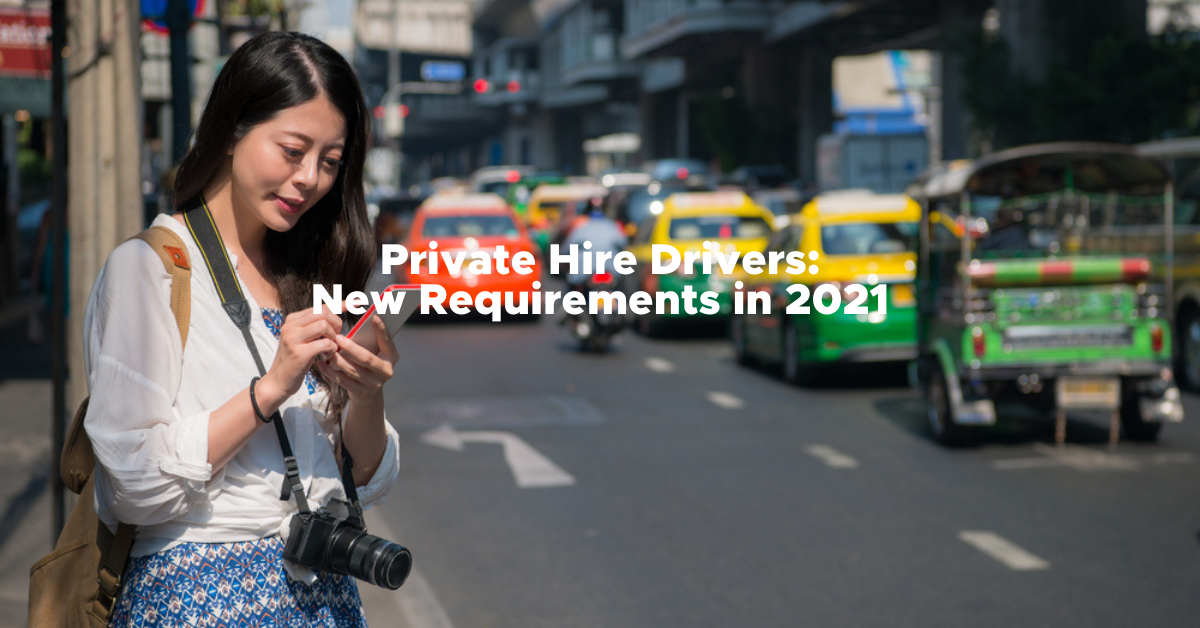A Guide to the Point-to-Point (P2P) Transport Regulatory Framework
When Uber first hit our shores in 2013, the entire transport industry was shaken up. Following the entrance of the American behemoth, Grab launched in Singapore too. Fast forward to 2019, another Southeast Asian company in GoJek joined the fray.
Since then, the transport industry has never been the same. Over the years, the fierce competition posed by ride-hailing services has also caused taxi drivers to see their earnings affected. Many taxi drivers have either moved to these services full-time or are doing it on the side.
Over the years, the market has also seen prices for private-hire services go up after Uber and Grab merged in 2018. To ensure that the safety and interests of both commuters and drivers are protected, the government introduced the P2P Transport Regulatory Framework in August 2019.
P2P Transport Regulatory Framework
The framework will expand the regulatory scope of the Public Transport Council (PTC) and aims to level the playing field by ensuring fares set by ride-hailing operators are fair and keep the market open. The Public Transport Council will also ensure that fares are clear, and flat fares are provided upfront. Additionally, fare evasion and overcharging offences will be extended to private-hire car trips.
Ride-hailing companies can apply for 3 licences for street-hail, ride-hail and carpool services.
This framework only applies to operators with more than 800 vehicles on their platform, with smaller operators being exempted. However, these operators must still meet basic safety standards.
Additionally, for an operator like Grab, which provides both ride-hailing and carpool services, 2 separate licences will be required.
To uphold the safety standards of drivers, these regulations will sanction operators if their drivers commit too many accidents or offences. Also, all private-hire cars will need to go for annual vehicle inspections.
The framework will also:
- Prohibition of exclusive arrangements preventing drivers from switching platforms
- Licensed operators need to provide trip and driver-related data
- LTA can issue codes of practice for licensees
When will this framework be implemented?
Initially, the framework was scheduled to take into effect in June 2020. However, due to the COVID-19 situation worldwide, it has been postponed until October 2020. This was done after operators requested for further postponement as the transport industry has been severely affected by the pandemic.
People also liked: COVID-19 CIRCUIT BREAKER: IMPORTANT INFORMATION FOR CAR OWNERS TOP 5 REASONS FOR ACCIDENTS IN SINGAPORE HOW DO CAR SUBSCRIPTIONS HELP YOU SAVE MONEY




